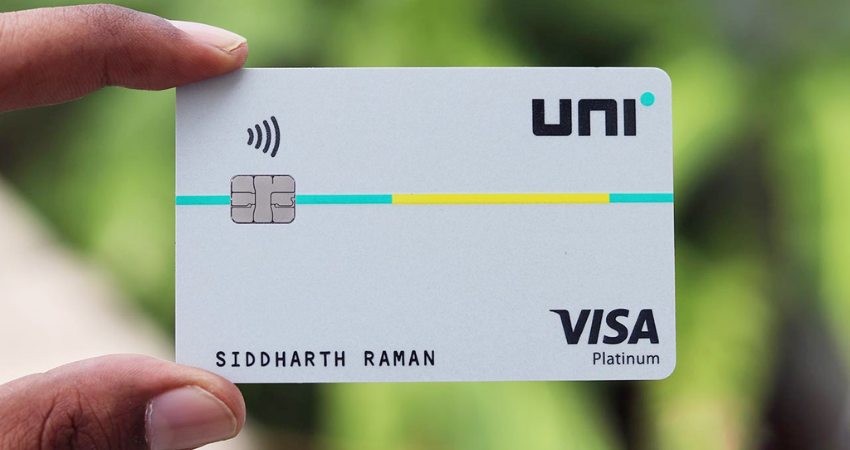Are you planning to open a current account for your profession or business? Most people get confused while choosing a perfect current account for their needs. If are you one of them then don’t worry here we will clear your doubts about current accounts. Continue reading this article to clear your doubts and know about the current accounts.
What is a Current Account?
A Current Account is a type of financial account provided by a bank. Current accounts are used solely or jointly to carry out large value regular transactions. Current Accounts do not provide any interest on amounts in these accounts. These types of accounts can only be opened by businessmen such as proprietors, trusts, partnership firms, public and private companies, NGOs, etc.
Current Accounts allow the customers to deposit and withdraw any amount at any time. Customers can make payments in cheques, NEFT, and RTGS to anyone smoothly. The main objective of a current account is to make it more comfortable to carry out business transactions for its holders.
What are the Types of Current Accounts?
There are different types of Current Accounts available by banks according to the different needs of the customers. If you are planning to open a current account in a bank then you should know about the types of available current accounts according to your financial requirements. The actual type of current account and its features may vary in different banks.
1. Standard Current Accounts
Standard Current Accounts this is a type of current account and it requires the customers to maintain a monthly average balance. These accounts do not provide any interest on the amounts held in these accounts. Standard Current Accounts also provides cheque book, debit cards, overdrafts, NEFT, and RTGS facilities to its customers.
2. Basic Current Accounts
Basic Current Accounts are suitable for low-wage income people like a pensioner and young people etc. These accounts help the customers to manage their financial transactions easily. These accounts also provide facilities like cheque book, debit cards, NEFT, and RTGS. However, there are some restrictions on daily cash withdrawal limits in these accounts.
3. Premium Current Accounts
Premium Current Accounts are a kind of special accounts that comes with exclusive offers and benefits for customers. These type of accounts are best suited for carrying out large value transactions.
4. Packaged Current Accounts
Packaged Current Accounts are also special type of accounts with benefits including medical support, travel insurance, free airport launge access and much more.
5. Foreign Currency Accounts
Foreign Currency Accounts best suited for NRIs and individuals who want to carry out frequent transactions in foreign currency. These accounts also offers added benefits to its customers.
What are the Features and Benefits of Current Accounts?
Current Accounts are mainly for professionals, traders, businessmen, NGOs, and organizations. These accounts are designed for customers to carry out the regular transactions. Here we are mentioning some basic features and benefits oc current accounts:
- A Current Account can be oppened by professionals, traders, businessmen, NGOs, and organizations from any bank for high value transactions.
- Current Accounts are specifically designed for customers to carry out frequent transactions including funds transfer through IMPS, NEFT, RTGS and Cheques.
- To open a current account the customer needs to follow similar KYC procedure as of saving accounts.
- The main benefits of current account is there is no any restriction on the number of transactions in a single day.
- Current Account holders can deposit any amount of cash in the home branch.
- Holders can easily make direct paymnets using cheques and demand drafts or pay orders.
What are Eligibility Criteria to Open a Current Account?
To open a Current Account the person needs to approach any bank like ICICI, HDFC, Axis, SBI with valid documents and ID proofs. Customers needs to do his KYC with valid documents. In Current Account customers also needs to maintain Minimum Average Monthly Balance (MAB), failing to do so customers can attract penalty charges from the bank. Below is the eligibility creteria that the customers needs to follow:
- Sole Proprietor
- Partnership Firms
- Limited Companies
- Societies / Clubs / Associates
- Hindu Undivided Family (HUF)
- Trusts
- Individual
- Executors, Administrators, and Liquidators
How to Open a Current Account in India?
Customers can apply for Current Accounts in any commercial and non-commercial banks. All banks are providing different facilities to attract new customers. Customers needs to visit the nearest bank branch with valid KYC documents where he/she wants to open the account. Banks are also providing online facility to open a current account. Follow these steps to open a Current Account online:
- Open the official banks website where you want to open the current account.
- Search and open online Current Account opening form in the website.
- Alongwith personal details fill all required details and upload applicable documents.
- Then download and print the filled form and visit the nearest branch.
What are the Required Documents to open a Current Account?
The Current Account opening procedure may vary from one bank to another according to the type of chosen account. Here we are mentioning a list of supported KYC documents required to open a Current Account:
Required Documents
- PAN Card
- Partnership Deed (in case of Partnership Firm)
- Certificate of Incorporation, MOA & AOA (in case of Companies)
- Certificate by Sales Tax or Service Tax authorities (in case of Proprietorship Firm)
- Address Proof of the Firm / Company / HUF
- ID Proof and Address Proof of all directors / partners
- A cheque for opening bank account
- Photograph
Valid Documents for ID and Signature Proof
- Passport
- PAN Card
- Driving License
- Voter ID Card
- Aadhaar Card
- Employee Identity Card (in case of government employees)
- Address Proof
Valid Documents for Address Proof
- Rent Agreement
- Bank Statement
- Voter ID Card
- Ration Card
- Passport
- Driving License
- Utility Bills (water, electricity etc.)







